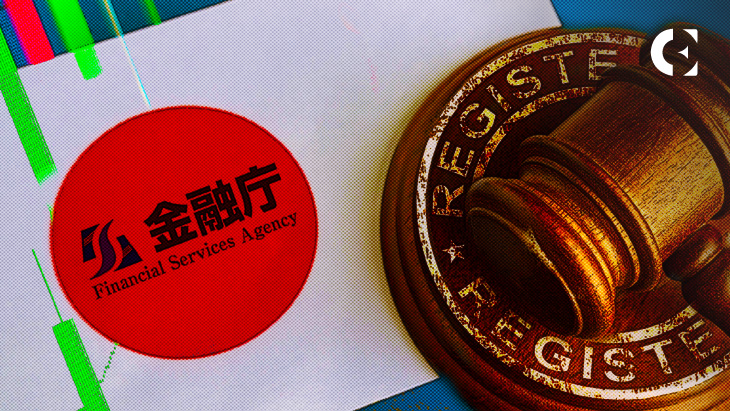- Japan’s FSA warned crypto exchanges, including Bybit, to register as part of the country’s crypto regulations.
- The agency added that the firms could not pursue their operations unless registered as crypto exchanges.
- The exchanges that violate the rules would have to face legal consequences, including fines.
Japan’s Financial Services Agency (FSA) issued a notice warning Bybit Fintech Limited and three other crypto exchanges, including MEXC Global, Bitforex, and Bitget, to get registered to pursue their services as crypto exchanges.
Notably, FSA’s move is a part of the country’s initiative to follow necessary regulations in the crypto space. According to the notice received by the four crypto exchanges, none of them could function as crypto exchanges unless they registered themselves.
Previously, in 2021, Bybit received a notice from the FSA claiming that the exchange had been running without a legal license. At the same time, the United Kingdom had also raised questions against Bybit regarding similar issues.
Significantly, the sudden action on the part of the FSA is an aftermath of the recent fall of the unregistered crypto firms in the country. Japan’s regulations on crypto could be traced back to 2018 when the FSA started scrutinizing unregulated crypto exchanges following the crypto leak from the firm Coincheck.
Consequently, the FSA, in union with the National Policy Agency and the Consumer Affairs Agency, strived hard to move forward together in reducing falls in the crypto industry.
Later, in 2020, advancing towards a secure and transparent crypto market, the FSA introduced rules regarding the necessity of obtaining a license for running crypto exchanges in Japan.
It is evident from the strict regulatory actions of the FSA that the regulators are much concerned about the threats posed by unregulated crypto-related companies, including money laundering, manipulation, and fraud.
Interstingly, the authority has announced that the exchanges that violate the rules of the agency would have to face legal consequences, including fines.
Disclaimer: The information presented in this article is for informational and educational purposes only. The article does not constitute financial advice or advice of any kind. Coin Edition is not responsible for any losses incurred as a result of the utilization of content, products, or services mentioned. Readers are advised to exercise caution before taking any action related to the company.










